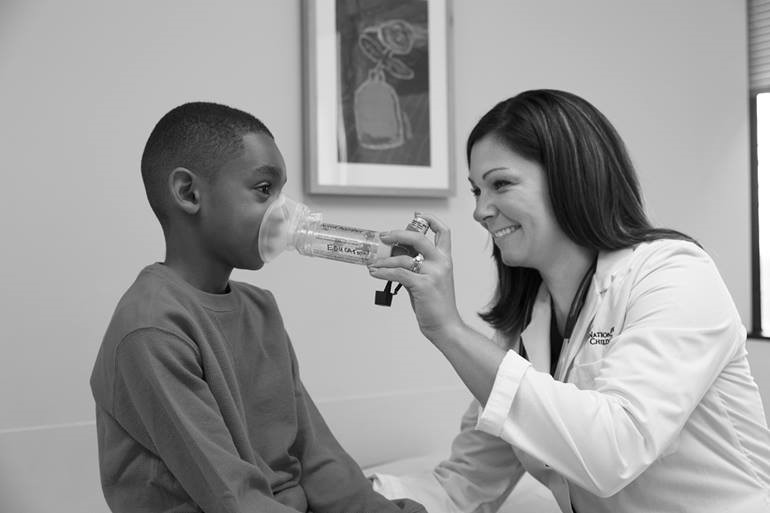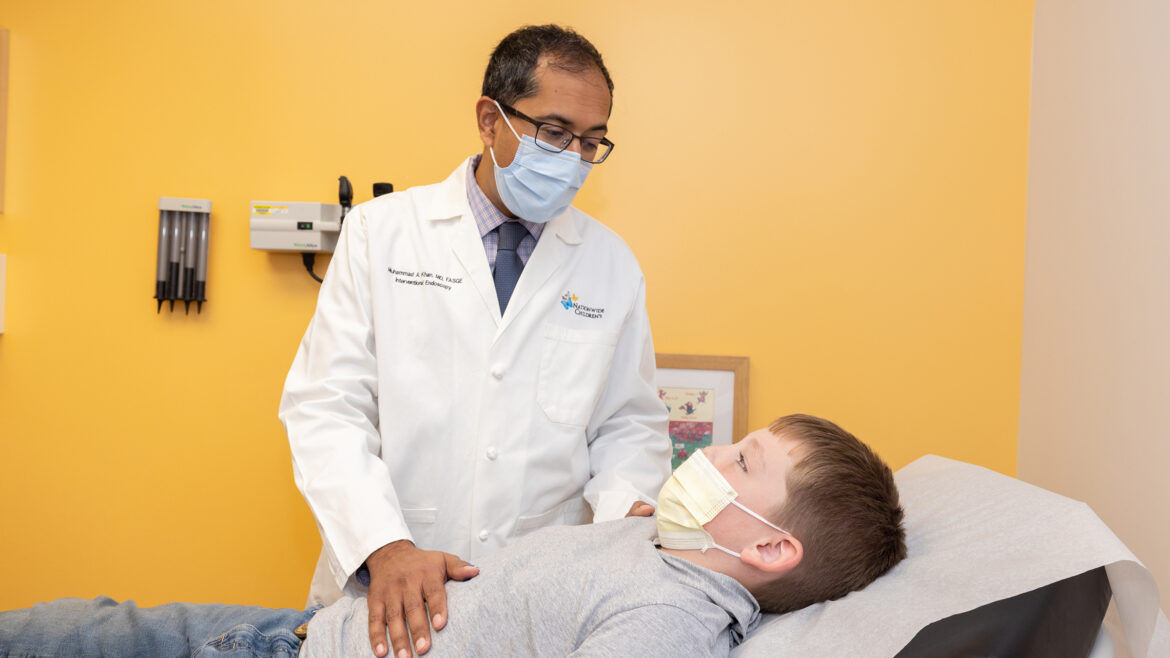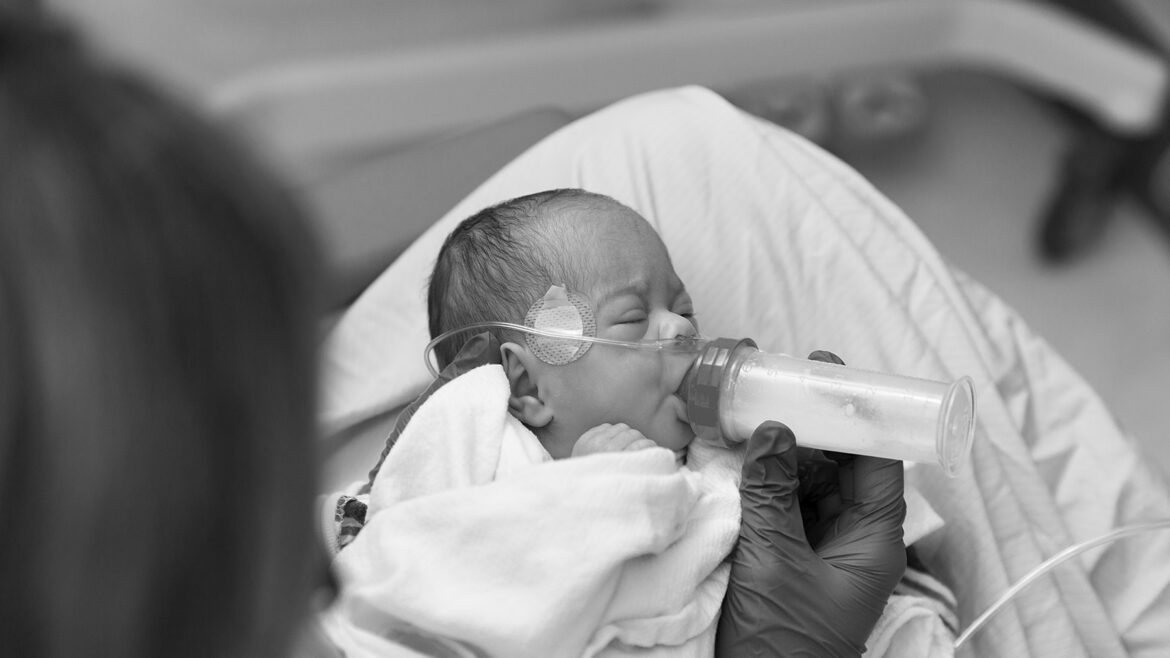Understanding and Implementing the Latest Recommendations for Asthma Management
Understanding and Implementing the Latest Recommendations for Asthma Management https://pediatricsnationwide.org/wp-content/uploads/2023/05/Asthma-Using-Spacer.jpg 770 513 Emily Siebenmorgen https://pediatricsnationwide.org/wp-content/uploads/2023/05/Emily.Siebenmorgen-scaled-e1684876333147.jpgNew guidelines for the care and treatment of asthma in children were released in 2020, but implementation has been slowed by the pandemic and need for education. An estimated 8% of children had asthma in 2020, and it continues to have a significant impact in the lives of many kids. It interferes with their sports…















